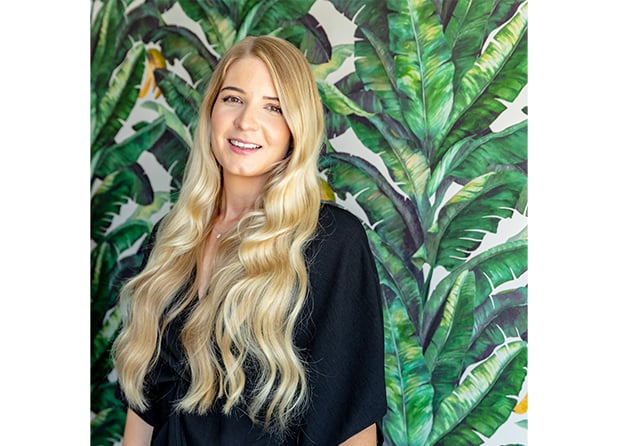
Now, more than ever, marketing taglines boasting sustainable practices, reducing carbon footprint, or plant-based goods are not only a norm, they’re often in your face, creating noise for a brand whose core USPs is as such to overcome. In this challenging environment, authentic brand differentiation and positioning are essential to be key participants in this conversation that is here to stay.
POP Communications has made a conscious effort to engage with plant-based and sustainable brands over the past few years allowing our firm to work side by side with clients and help to continue delivering accurate conversations and activations within the space. When executed correctly, everyone can get ‘a piece of plant-based pie.’
Here are some key considerations beyond education and awareness for brands in this space to include in their communications strategies.
Transparency to Build Credibility
As there are misconceptions about what makes a brand sustainable or a product plant-based, transparent communication about a firm’s practice or product profile is a must to incorporate such positioning.
Plant-based products should include components that either enhance nutritional profiles (food) or lessen environmental impact (services or non-food products) and these elements should be at the forefront of brand positioning and communication. It’s essential to build and ensure trust, which leads to credibility, a must-have for this market’s knowledgeable consumer.
The Organic Glow, a UAE-based salon, which has been in operation since 2009 is one of the pioneers in the country’s green salon segment. Since its opening, the salon has committed to openly disclose the makeup of its products and services via media and influencer engagements to adhere to brand positioning.
Plant-Based and Sustainable
Building upon the aforementioned, this should be automatic. For brands who have made it an organizational mission to offer plant-based products, the process around creating and delivering products into the consumers’ hands should be sustainable. This step will further position a brand within this segment as customers are increasingly becoming more educated.
For example, five years ago plant-based gut-friendly probiotic food products were available in the UAE but were often shipped in from Europe. The means to ship such products here were not sustainable. Now, we have brands like Saba Plant-Based who offer kombuchas and yoghurts that are not only plant-based but are made right here in the UAE and reduce carbon footprint just by being here. This aspect along with the product make up was key in our positioning.
Authentic Engagements
Authentic third-party consumer engagements play a big role in overall communication strategies. In addition to targeted media and influencer relations, engaging with groups of end-customers is key for plant-based and sustainable brands to create buy-in amongst the group but also spread the news beyond.
In the case of plant-based products, the UAE has several communities that are often a source of information and discussion for consumers. The Dubai Vegan Community is one of them. POP Communications worked with this group to gain an understanding of its needs and connections to brands by positioning its founder as a thought leader. The valuable insights highlighted helped us to efficiently support our clients’ goals in this space. Additionally, I’ve exercised a vegan lifestyle for several years and my connection has been uplifting for many of our clients.
Future Farm was a relatively unknown meat alternative brand before 2021. Having worked together to educate both current and prospective end-consumers on its nutritional benefits and sustainable practices through media, influencer, and community engagement, the brand increased sales within its food sector, in Carrefour by 30%* as of April 2021 after 6 months of working with our firm.
This sector is growing at an increasing rate so I can understand that brands will naturally aim to capitalize on this positioning when possible. However, given this subject is often a personal choice, real-end consumers have the skillset to engage with brands based on their personal connection or perception. Depending on which side of the ‘plant’ the firm operations are on taking on this positioning can be successful or hindering. This is a sector that requires effective communication planning beyond ticking a trendy box to support a firm’s goals.
*Source: *figures provided by Carrefour supermarkets









